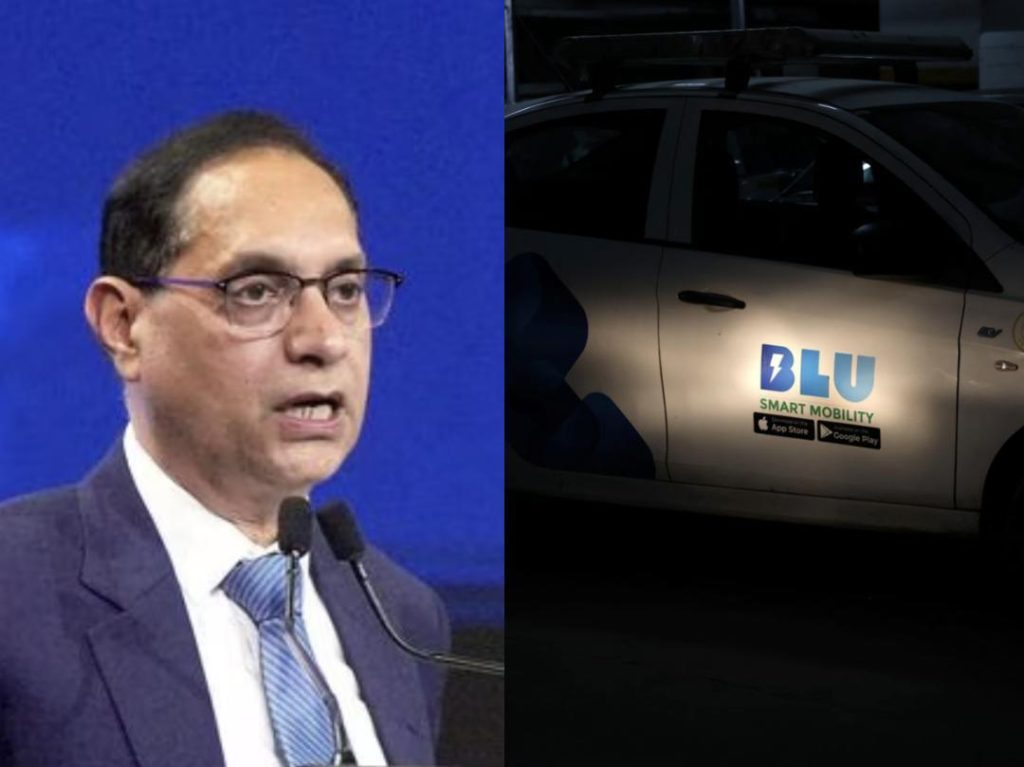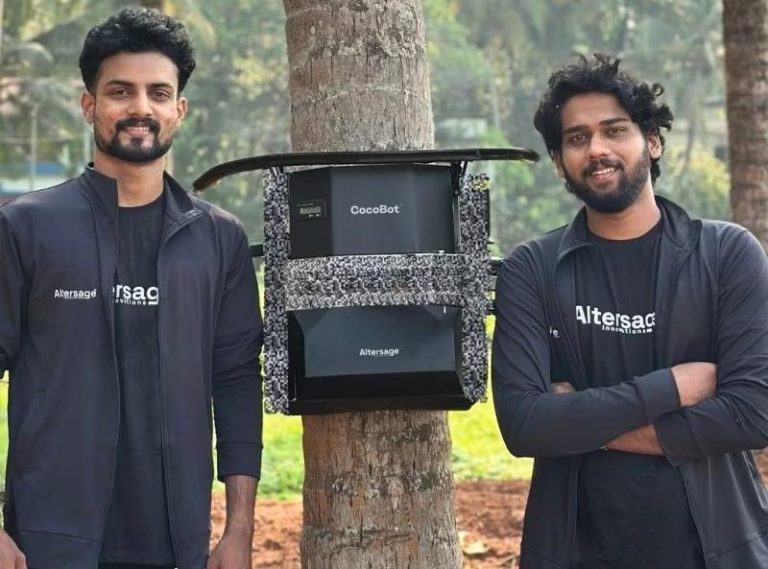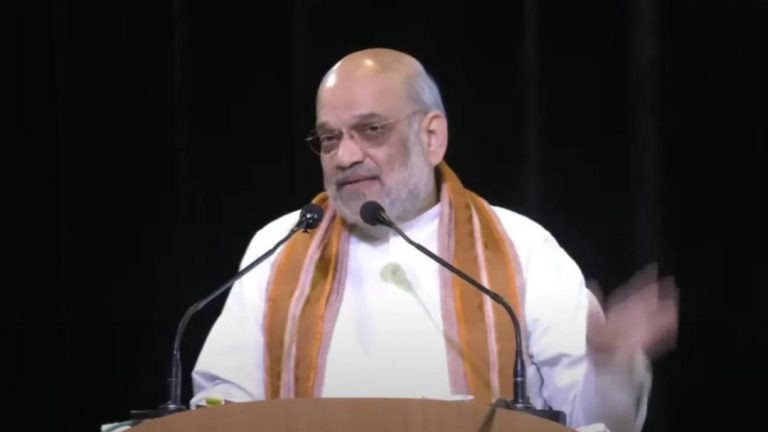
Our Job to Find & Punish Them: SEBI on BluSmart Partner Gensol’s Fraud
The Securities and Exchange Board of India (SEBI) has been cracking down on companies and individuals involved in financial irregularities and fraud. Recently, SEBI uncovered financial irregularities at BluSmart partner Gensol Engineering, leading to the bar of the company and its promoters, brothers Anmol and Puneet Singh Jaggi, from the securities market. Reacting to the report, SEBI Chief Tuhin Kanta Pandey emphasized the board’s commitment to finding and punishing companies like Gensol that engage in fraudulent activities.
In an interview with a financial publication, Pandey stressed that SEBI’s primary responsibility is to protect investors and maintain the integrity of the securities market. “There will be companies like Gensol in the system; SEBI’s job is to find and punish them,” he said. This statement reflects the board’s determination to take a tough stance against companies that engage in fraudulent activities, including those that divert company funds for personal use.
The case against Gensol Engineering and its promoters is a classic example of corporate fraud. According to SEBI, the brothers diverted company funds for personal use, including for buying luxury assets. This is not the first instance of corporate fraud in India, and it highlights the need for stricter regulations and enforcement to prevent such incidents.
The Gensol-BluSmart case is particularly noteworthy because BluSmart is a well-known electric vehicle (EV) charging company that has partnered with several major automobile manufacturers. Gensol Engineering, on the other hand, is a company engaged in various businesses, including power transmission and distribution. The partnership between the two companies makes the Gensol-BluSmart case a high-profile example of corporate fraud.
SEBI’s investigation revealed that the brothers had misused their position as promoters of Gensol Engineering to divert company funds for personal use. They siphoned off millions of rupees from the company’s funds to buy luxury assets, including a high-end car and a luxurious property. This is a clear violation of corporate governance norms and SEBI’s regulations.
The Gensol-BluSmart case is also significant because it highlights the need for greater transparency and accountability in corporate governance. In recent years, there have been several instances of corporate fraud in India, including cases involving well-known companies. These incidents have led to a loss of investor confidence and damage to the overall reputation of the securities market.
SEBI’s decision to bar the brothers and Gensol Engineering from the securities market is a bold step towards maintaining the integrity of the market. It sends a strong message to companies and individuals that engage in fraudulent activities that they will be held accountable for their actions. The decision also provides a sense of relief to investors who had invested in Gensol Engineering and BluSmart, as it ensures that their interests are protected.
The Gensol-BluSmart case also underscores the need for greater regulatory oversight and enforcement. SEBI’s investigation and subsequent actions against the company and its promoters demonstrate the board’s commitment to protecting investors and maintaining the integrity of the securities market. However, more needs to be done to prevent such incidents in the future.
In conclusion, the Gensol-BluSmart case is a clear example of corporate fraud and highlights the need for greater transparency and accountability in corporate governance. SEBI’s decision to bar the brothers and Gensol Engineering from the securities market is a bold step towards maintaining the integrity of the market. As SEBI Chief Tuhin Kanta Pandey emphasized, the board’s job is to find and punish companies like Gensol that engage in fraudulent activities. This statement reflects the board’s commitment to protecting investors and maintaining the integrity of the securities market.






